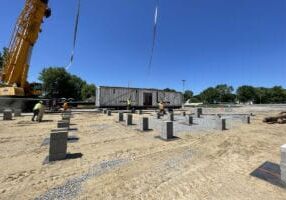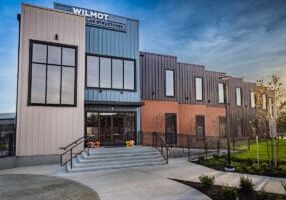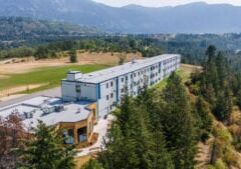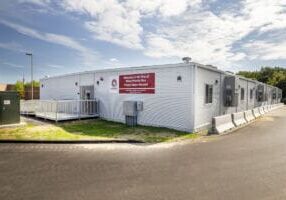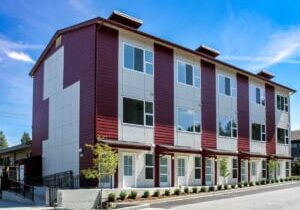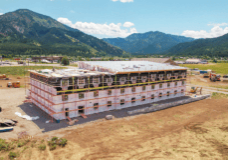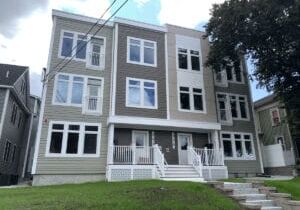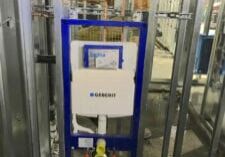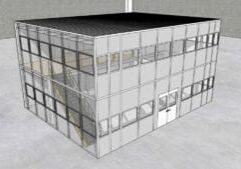Modular Construction for Education: A Future-Built Approach
Educational institutions today face unique challenges in expanding or updating their facilities. Tight budgets, constrained construction timelines, and an urgent need for sustainable development are at the forefront of these challenges. Modular construction presents an innovative solution, offering a pathway to build educational spaces such as campus buildings, classrooms, and student housing with greater efficiency, flexibility, and sustainability.
Advantages of Modular Construction for Education
Modular construction addresses the critical needs of educational institutions through several key benefits. Firstly, it significantly reduces construction time by fabricating modules in a controlled environment, allowing site work and building construction to co-occur. Additionally, modular construction minimizes disruption to academic activities, a vital consideration for operational schools and colleges. The environmental sustainability of modular buildings, achieved through efficient use of materials and energy, further aligns with the growing emphasis on green development within the educational sector.
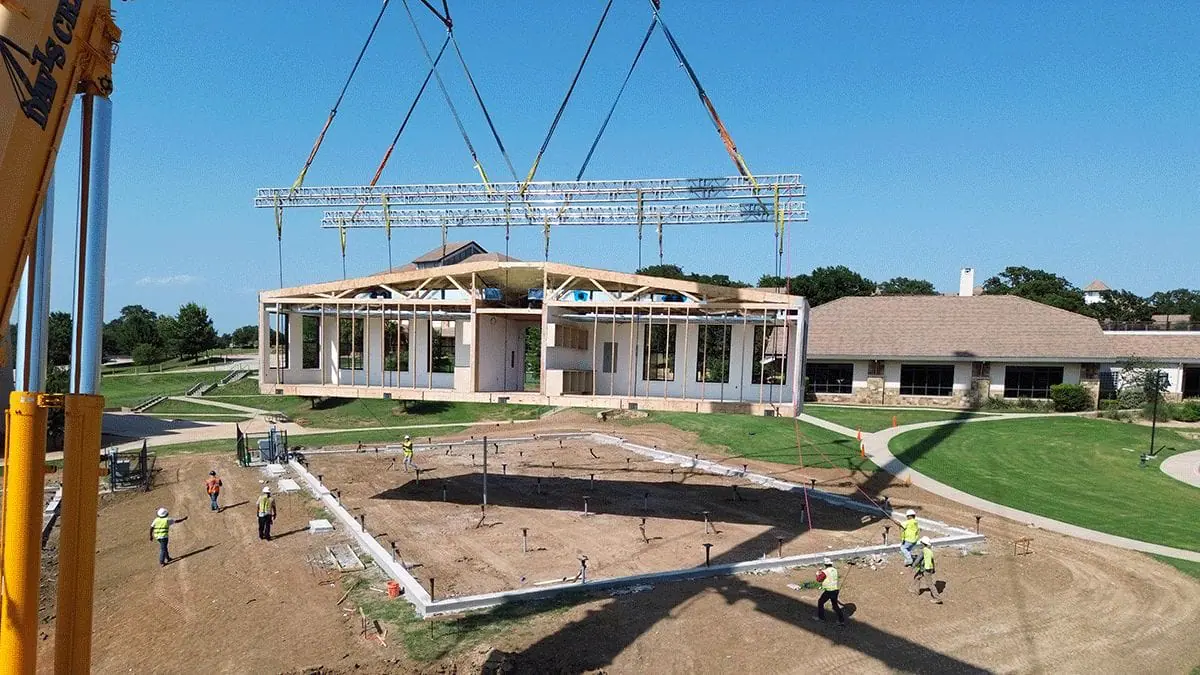
MBI Members' Project Highlights
MBI members across the world have completed significant projects to provide schools and educational facilities to those who need them. Check out our interactive map to view educational modular building projects in your area. Several Modular Building Institute (MBI) members have exemplified the transformative potential of modular construction in education:
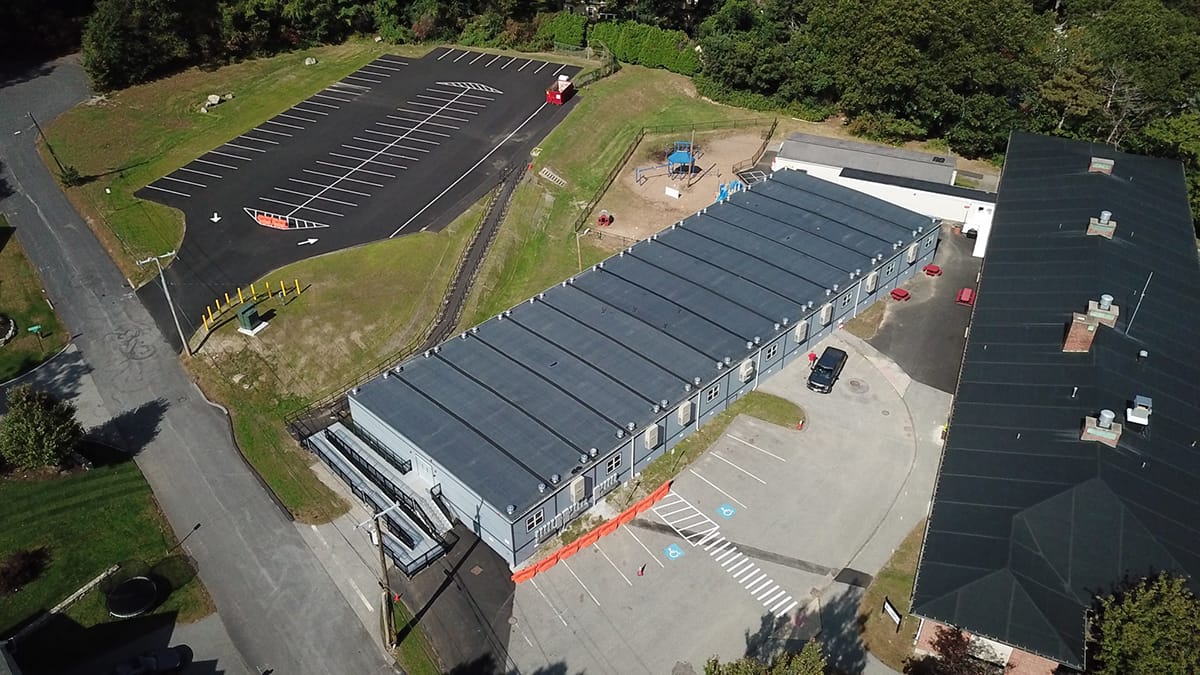
Parkhurst Elementary School in Winchester, MA: This project expanded with a 13,074-square-foot modular classroom addition to accommodate students from Lynch School. The project included 15 modules in the former faculty parking lot, featuring spacious classrooms, faculty restrooms, and student bathrooms. An asphalt walkway and new parking lot were also added. Despite challenges like a rainy summer and site constraints, the project was completed on time and within budget, showcasing effective collaboration and Triumph Modular's expertise.
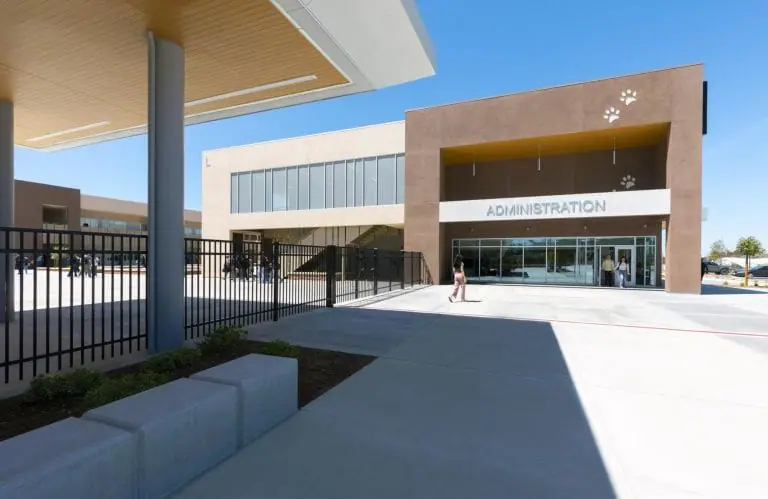
Beaumont High School in Beaumont, CA: Silver Creek Modular expanded this Highschool with two modular buildings totaling 59,722 square feet. This project, completed in 526 days, includes 30 classrooms, science labs, medical training and robotics classrooms, multipurpose spaces, and administrative areas. The buildings feature multicolored stucco exteriors, abundant natural light, high-efficiency LED lighting, and low-VOC materials for a healthy learning environment. This modular construction approach was chosen for its cost-effectiveness and efficiency, ensuring a timely and budget-friendly expansion.
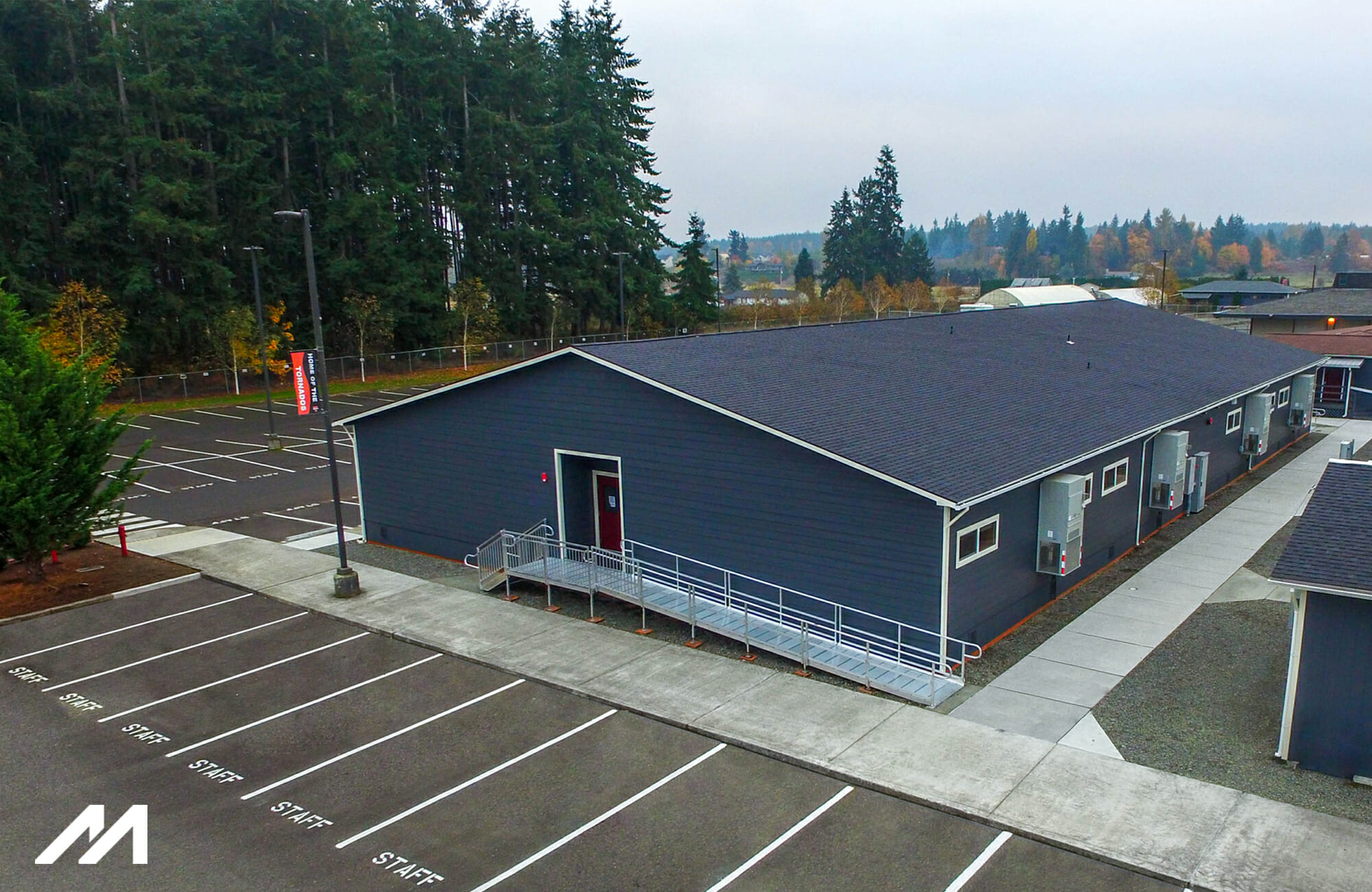
Modern Building Systems' Eight-Classroom Complex: Modern Building Systems developed an 8,200-square-foot modular complex for Yelm School District, addressing the urgent need for additional educational space. The complex, comprising six classrooms, two restrooms, and two computer labs, was designed with efficiency and reusability in mind. This project demonstrated modular construction's capability to provide precise and sustainable solutions for educational facilities swiftly.
Trends in Modular Educational Buildings
The educational sector is witnessing several trends and innovations in modular construction, such as flexible classroom designs that adapt to evolving teaching methods, energy-efficient buildings that reduce operational costs, and technology-integrated learning spaces that prepare students for the future.
The Value of Modular Construction
Permanent modular construction offers many advantages for educational buildings and student housing, from its rapid deployment and cost-effectiveness to its minimal environmental impact. As academic institutions look towards future expansions, renovations, or new projects, modular construction stands out as a method that meets their immediate needs and aligns with long-term sustainability and adaptability goals. By embracing modular building methods, educational decision-makers can ensure their facilities are built for the future today.


